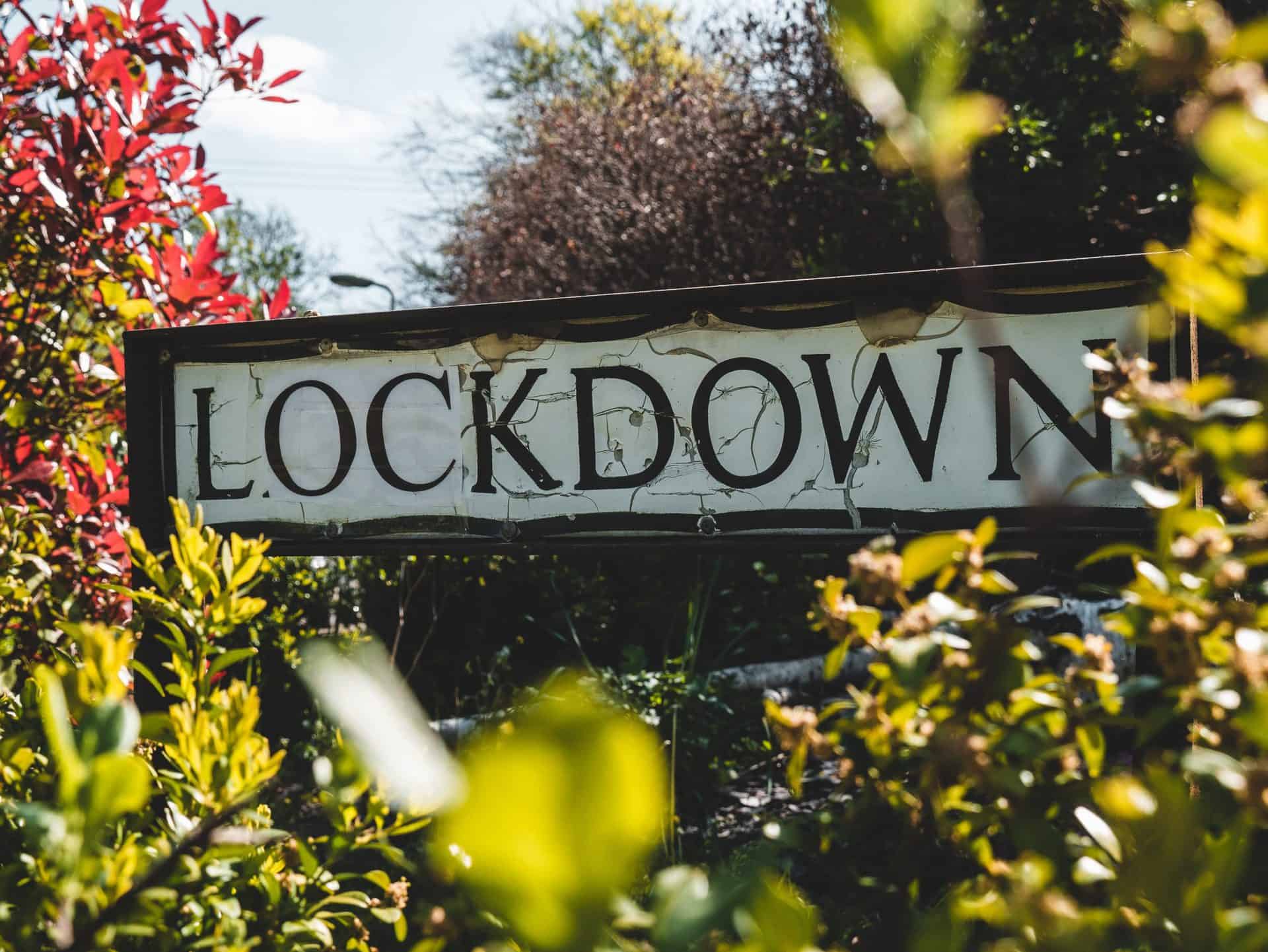
Ads help us keep this site online
Only this week, Office for National Statistics figures show after the clocks went back Britain saw its highest levels of loneliness since the pandemic began – with 4.2 million adults reporting that they always or often feel lonely. Figures also show that around 2.6 million adults had not left their home for any reason in the previous seven days. With many people still working from home and numbers of volunteers dropping to new lows, concerns over the impact of such prolonged isolation are high.
A new report commissioned by Vodafone, Connecting the UK, illustrates growing concern across the country of how the ongoing COVID-19 pandemic will further affect the growing loneliness crisis. With over half of Britons saying they felt lonely during the first UK lockdown (53%), and a similar number (51%) reporting loneliness even since restrictions were loosened in June – it’s no surprise concerns are growing during the second lockdown. A fifth (22%) are already worried about feeling lonely this Christmas.
The issues of loneliness and isolation are not new but have been brought to the fore by the Covid-19 pandemic. Two thirds (67%) of Brit’s believe the implementation of a full UK lockdown impacted their physical and/or mental wellbeing and over a quarter of people (27%) said they found it harder than anticipated. However, the lockdown did highlight the positive impact of local connections, with more than a third (37%) of people making a new friend since March. 15% became friendly with a neighbour, 10% met someone via a local social media group and 9% met in local shops and businesses.
Aston spoke to Zoe Coates, Vodafone befriending employee and Hannorah Lee, director of partnerships & philantropy from Age UK to discuss the research and what it means for those experiencing loneliness across the ages.
Photo by Matt Seymour on Unsplash
